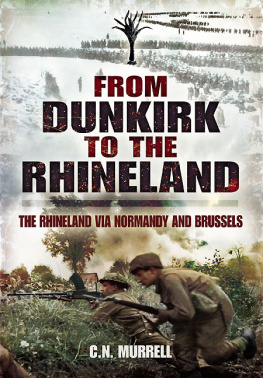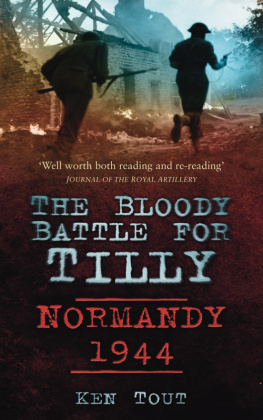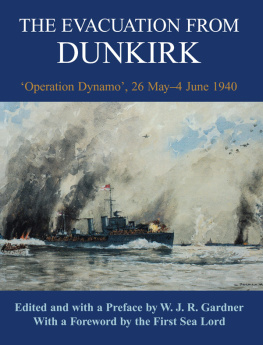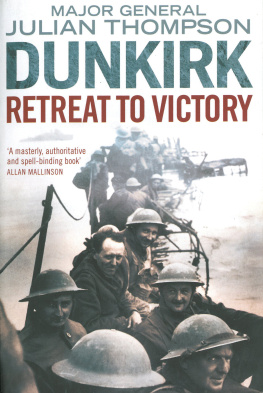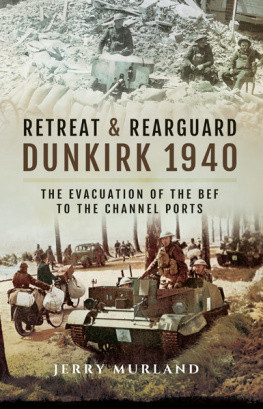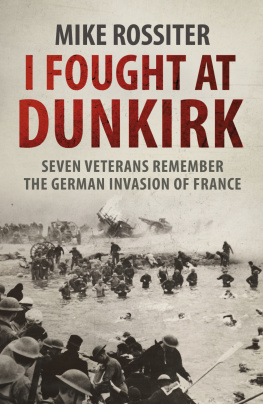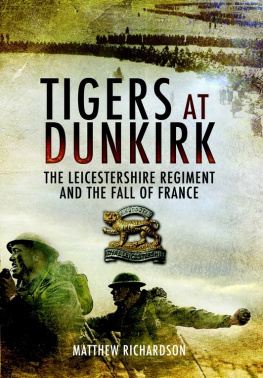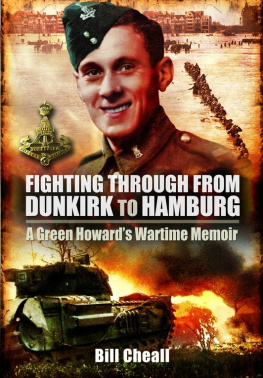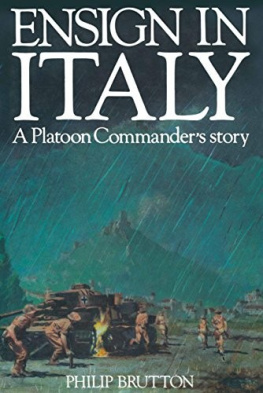
First published in Great Britain in 2011 by
Pen & Sword Military
An imprint of
Pen & Sword Books Ltd
47 Church Street
Barnsley
South Yorkshire
S70 2AS
Copyright Nick Murrell 2011
ISBN 978 1 84884 389 9
ePub ISBN: 9781844684229
PRC ISBN: 9781844684236
The right of Nick Murrell to be identified as Author of this work has been asserted
by him in accordance with the Copyright, Designs and Patents Act 1988.
A CIP catalogue record for this book is
available from the British Library.
All rights reserved. No part of this book may be reproduced or transmitted in any
form or by any means, electronic or mechanical including photocopying, recording
or by any information storage and retrieval system, without permission from the
Publisher in writing.
Typeset by Acredula
Printed and bound in England
By CPI
Pen & Sword Books Ltd incorporates the imprints of Pen & Sword Aviation,
Pen & Sword Family History, Pen & Sword Maritime, Pen & Sword Military,
Wharncliffe Local History, Pen & Sword Select, Pen & Sword Military Classics,
Leo Cooper, Remember When, Seaforth Publishing and Frontline Publishing.
For a complete list of Pen & Sword titles please contact
PEN & SWORD BOOKS LIMITED
47 Church Street, Barnsley, South Yorkshire, S70 2AS, England
www.pen-and-sword.co.uk
CONTENTS
ACKNOWLEDGEMENTS
My thanks go to my sister Deborah for typing up all sixteen volumes of our fathers Army and wartime, sometimes scarcely legible, diaries amounting to more than a million words. Without her Herculean efforts this book would never have been published.
The diary entries are as my father wrote them. I have checked them against the hand-written originals but cannot guarantee that everything he wrote is factually correct.
It has been difficult to identify everyone mentioned as, in some cases, only Christian or nicknames are used. In a Welsh regiment there is always a preponderance of names such as Jones, Williams, Evans, etc. In order to identify them further, the surname is preceded by the last two digits of their Army number, e.g. 08 Williams.
One of the more difficult tasks in editing these diaries was how best to deal with entries relating to those men who suffered from battle-strain, windiness or those who cracked up. My fathers journals are honest, both when writing about himself and others around him and he well appreciated the fine line between cracking up and not doing so. He also knew that other men in the front line had a worse time than he did. I know that he would not have wished to cause offence to their families and descendants. Because of this I have deleted some references and blanked out names in others. I hope I have not offended anyone.
Note: There are usually two different spellings of place names in Belgium, e.g. Maas/Meuse; Hoegaarden/Hougaerde. I have stuck to the names used in the original diaries.
GLOSSARY OF ABBREVIATIONS AND SLANG
| 1WG/2SG | 1st Battalion Welsh Guards/2nd |
| Battalion Scots Guards etc |
| AA | Anti-aircraft |
| ADS | Advanced Dressing Station |
| AFV | Armoured Fighting Vehicle |
| Arty | Artillery |
| A/Tk | Anti-tank |
| BD | Battledress |
| BEF | British Expeditionary Force |
| Bill Browns | Grenadier Guards |
| Blighty | 1. England. 2. A wound involving a return to England |
| Bob/bobbing | To duck, get nervous or jittery |
| Canvas | Denim when applied to clothing |
| C/L | Centre Line |
| CO | Commanding Officer |
| Coldies | Coldstream Guards |
| CP | Command Post |
| CQMS | Company Quartermaster Sergeant |
| CSM | Company Sergeant Major |
| DR | Despatch Rider |
| Fluff | To cotton on; to understand |
| GAD | Guards Armoured Division |
| Gyppo | 1. Army cook. 2. General term for dirt, grease etc |
| HCR | Household Cavalry Regiment |
| HE | High Explosive |
| I Section/truck/trench etc | Intelligence |
| I/C | In Charge of |
| IO | Intelligence Officer/Office |
| IWGC | Imperial War Graves Commission (changed its name in 1960 to the Commonwealth War Graves Commission) |
| Jocks | Scots Guards |
| M/C | Motor-cycle |
| MG | Machine gun |
| Micks | Irish Guards |
| MO | Medical Officer |
| Moaning Minnie | German Nebelwerfer Multibarrelled Rocket Mortar |
| MP | Military Police |
| NAAFI | Navy, Army and Air Force |
| Institutes |
| NCO | Non-commissioned Officer |
| O/C | Officer Commanding |
| OP | Observation Post |
| PIAT | Projector, Infantry, Anti-tank |
| PoW Company | Prince of Wales Company aka the Jam Boys |
| RA | Royal Artillery |
| RAP | Regimental Aid Post |
| RASC | Royal Army Service Corps |
| RE | Royal Engineers |
| RSM | Regimental Sergeant Major |
| R/T | Radio Transmitter |
| Sig/Sigs | Signals or Signallers |
| Sobbing Sisters | see under Moaning Minnies |
| SP | Self-propelled (i.e. guns/artillery) |
| Stunt | Army exercise manoeuvres |
| Swan/swanning | A new word swanning means |
| either roaming about in a vehicle or advancing as a column at speed and into the blue not quite a battle rather a mobile recce or thrust along roads. |
| Tapes | NCOs stripes/chevrons |
| TCL | Troop Carrier, lorry |
| TFO | 0Till further orders |
| WO | Warrant Officer |
LIST OF PLATES, ILLUSTRATIONS AND MAPS
PLATES:
ILLUSTRATIONS:
MAPS:
INTRODUCTION
There were two achievements in my fathers life of which he was immensely proud. One was the courtship of, and marriage to, my mother. The second was his service with the Brigade of Guards who he regarded as the finest fighting force in the world, the best regiment of which was the Welsh Guards. He rarely talked about the war, in common, I believe, with a lot of old soldiers and he preferred to relate his experiences of the Guards Depot and Wellington Barracks during his peacetime Army days. Reading his war diaries after his death was something of a revelation.
I hope these diaries will be of interest to Welsh and other guardsmen past and present, their families and descendants and, indeed, other members of the armed services, many of whom would have experienced similar or worse experiences than my father.
Many of the entries were written while he was being shelled, mortared or bombed in his trench, travelling in the Intelligence truck or in billets.
My father kept extensive diaries during the war years of over 700,000 words. Writing appeared to be almost an addiction or compulsion which probably explains the detail and length of some of the entries. He also mentions at one point that during his active service, while being shelled in the trenches, it was a way of coping with fear. Generally the diary entries were in the form of cryptic notes and jottings, a sort of home-made shorthand, kept secretly and written up later, while still fresh in the mind. In 194445 he mostly wrote his notes in the Intelligence truck or in his trench.
Next page
